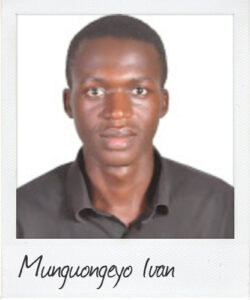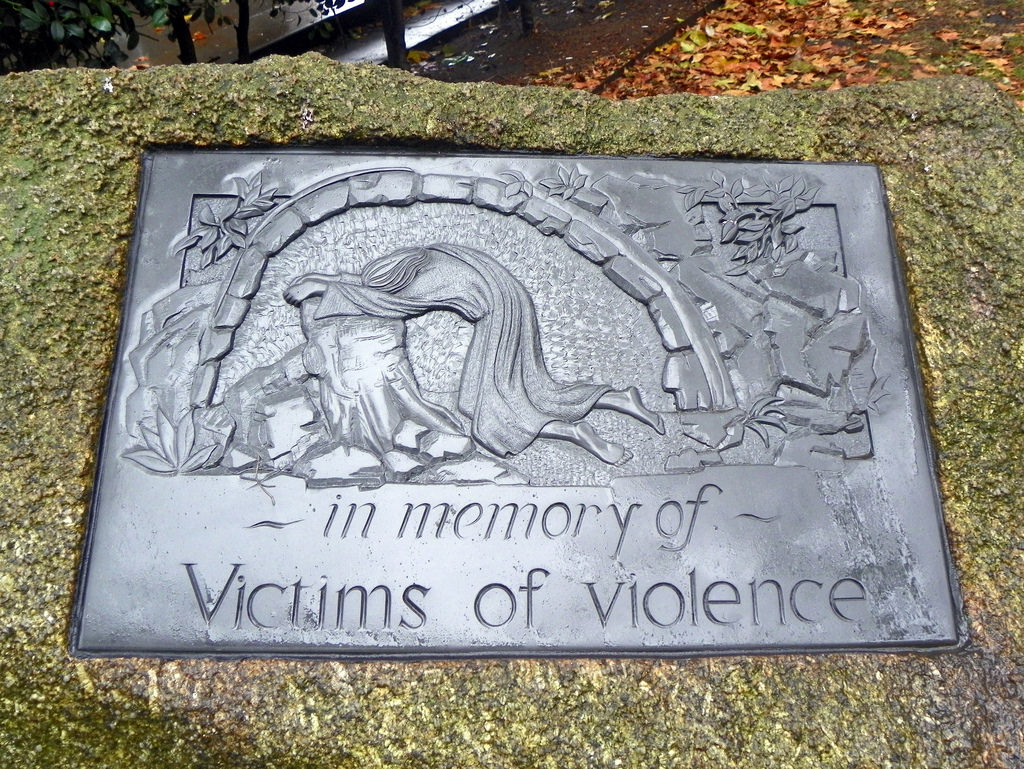“The forgotten gender violence: call for action”
March 10th, 2017 As focus is trained on equality and safety for women, Munguongeyo Ivan, 24, a Correspondent from Kampala, Uganda, notes that men are also victims of violence. He argues that advocating for those victims will create equality for all.
As focus is trained on equality and safety for women, Munguongeyo Ivan, 24, a Correspondent from Kampala, Uganda, notes that men are also victims of violence. He argues that advocating for those victims will create equality for all.
Traditionally, women were regarded as the most vulnerable of people, due to power relations, cultural attachments, patriarchy and male dominance in societies. Hence they draw attention from the public with several NGOs, advocacy groups, humanitarian as well as feminist groups opting to advocate for the rights of women.
Consequently, women became stronger in societies as plentiful resources were channeled to them to ‘equate’ or have similar opportunities like men. It involved intra-sectoral approaches that were targeted to uplift their status quo. The Constitution provides for affirmative action in favour of groups marginalized by gender or other reasons created by history in order to redress imbalances. In line with this provision, women became the major beneficiaries of these actions, for instance a program that benefited them in joining public universities. In the health sector, reproductive health became eminent. These campaigns isolated men, subsequently men in the rural areas suffered more from sexually transmitted diseases compared to women, due to the perception that men were always the dominant gender.
A few years ago, while visiting a sprawling Internally Displaced Persons camp in Amuru district, I sat down with a group of men, many of whom had just fled the terrible ongoing violence that was instigated by Joseph Kony in Northern Uganda. I wanted to hear what challenges they were facing after leaving their homes, jobs and ways of living back in war-torn Northern Uganda.
These men told me how the conflict in Northern Uganda, as well as life in the IDP camps, left them feeling powerless and hopeless. Yet they were being poorly attended to. Many had no way to provide for their families, often felt they had lost the respect of their communities and wives, and consequently felt alienated from their society. This often led to domestic violence, dejection, distress, family neglect and other undocumented consequences.
These men had the view that most donors address the challenges of women and ignore their own predicament, thus occasioning tension between the two genders.
Likewise, today most humanitarian organizations have ignored the plight of men in societies and are reluctant to include men and boys in gender and gender based programming movements. Globally, sexual and gender-based violence are on the increase despite several attempts to arrest the trend. In Uganda, domestic sexual harassment and other inhumane treatment against men captures little attention by either the public or the institutions. At the household level, men are facing issues of domestic violence but are left unattended to simply because they are regarded as ‘immune to violence’.
Disturbingly, engagement about sexual violence in Uganda overwhelmingly tends to focus on women and girls as victims and men as perpetrators. Indeed it is true that statistics support the claims that women make up the majority of victims of gender-based violence and discrimination. But what about the men and boys who are also victims?
I am informed that philanthropic organizations are guided by principles like impartiality and justice, implying that aid or any other assistance should be channeled according to the needs. Ignoring the vulnerable men, especially in conflict prone areas or in IDPs, is acting paradoxically to these vividly formulated principles.
We need to act to absorb these men who are isolated. We need to review our thoughts about men and re-consider them just like women, otherwise men in the long run will be more vulnerable segments of people in society. Considering men and boys suffering from gender-based violence is not only an action in itself, but a very vital part of the solution to support women and girls in society. Why are we still hesitant to tackle this silent issue?
photo credit: Peter O’Connor aka anemoneprojectors GOC London Public Art 043: Victims of Violence memorial via photopin (license)
…………………………………………………………………………………………………………………
About me: I am Munguongeyo Ivan, from Kampala, Uganda. I hold a Bachelor’s Degree in Development Studies from Makerere University and currently am pursuing Master’s Degree in Rural Development at the same University. My aim is to be a lecturer in the development studies discipline. I also have wide knowledge in serving local communities and specifically working with NGOs to improve on the welfare of the rural poor. I am currently a volunteer with an NGO called Hands of Love Foundation.
…………………………………………………………………………………………………………………
Opinions expressed in this article are those of the author and do not necessarily represent the views of the Commonwealth Youth Programme. Articles are published in a spirit of dialogue, respect and understanding. If you disagree, why not submit a response?
To learn more about becoming a Commonwealth Correspondent please visit: http://www.yourcommonwealth.org/submit-articles/
…………………………………………………………………………………………………………………






